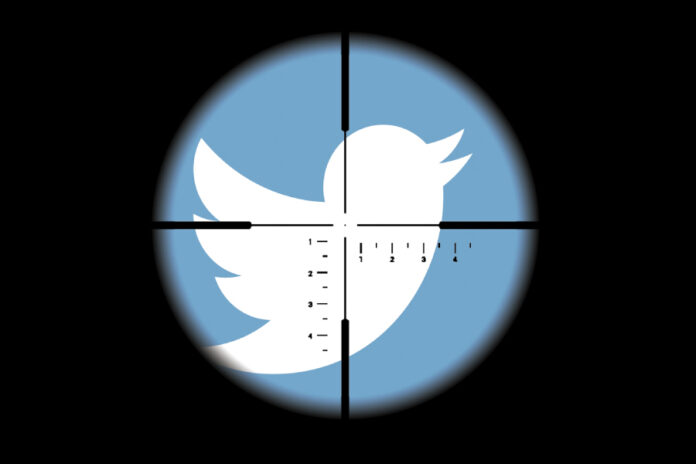Twitter found itself facing the government’s ire in June when the microblogging site failed to appoint local compliance officials as per the provisions of the Information Technology (Intermediary Guidelines) Rules, 2021, specific to “significant” social media intermediaries.
Effectively the US-headquartered microblogging site lost its protection shield against third parties posting content on Twitter. The Ministry of Electronics and Information Technology (MeitY) blasted Twitter for “doggedly” refusing to appoint resident employees to manage its redressal mechanism.
Just days after Twitter lost the safe harbour protection, the Ghaziabad police served a notice on Twitter India managing director Manish Maheshwari in connection with the circulation of videos showing an elderly man being beaten in Loni town, on grounds the footage could spark religious tensions.
The pressure on Twitter is preparing the grounds for deeper government intervention of foreign social media platforms, which have so far been very lightly regulated, says Prashant Reddy, an independent lawyer specialising in technology law in New Delhi.
The provision of safe harbour under the IT rules say that social media
intermediaries would be given complete immunity from legal prosecution or civil actions, provided they follow the criteria laid down under the rules. “The government can lay down any criteria it wants to because it has been granted extraordinary privilege under the law,” Reddy says. Ultimately the intermediary guidelines deal with a privilege and not with a right, he points out.
But when the new rules bestow the burden of possible criminal liability on individuals appointed as chief compliance officers, they effectively put themselves at risk for the social media intermediary. This explains why the position, even if well remunerated, is not an enviable one. A few social media intermediaries are said to have appointed lawyers or law firms as an “interim” measure.
Social media intermediaries are therefore attempting to circumvent the specific requirements in the law. The new rules state that the officials have to be key managerial personnel and employees of the social media intermediary. “Outsourcing per se is not the solution here,” says Bagmisikha Puhan, an associate partner at TMT Law Practice in New Delhi.
The new rules, however, can only do so much, as it is ultimately up to the courts to decide the status of an intermediary under section 79 of The Information Technology Act, she says.
Reddy agrees, saying the government has no power to decide which company enjoys immunity under the IT rules. Although the Twitter case has yet to be decided, the Karnataka High Court has granted interim relief to the managing director and warned the Ghaziabad Police against taking any coercive action against him.
The UN Special Rapporteurs on privacy and freedom of expression has told the Indian government that their new IT rules appear to breach international law. It expressed concern over the ability foreseen in the new rules to subject individual employees to criminal liability, given the availability of less punitive measures, saying: “The severity of the envisaged penalties incentivises the restriction of content and is likely to have a chilling effect on freedom of expression.”
Judicial precedent shows that directors can be held criminally liable when they play a role or have knowledge of the criminal action, which can be attributable to them. “If a chief compliance officer refuses to implement a directive from a government authority, can he then be criminally liable?” asks Reddy.
MeitY official Rakesh Maheshwari said in an online conference that the idea of holding compliance officers liable was to ensure compliance and accountability of the social media intermediaries. Although he assured participants in the webinar that there should not be any apprehension that compliance officers would be personally held liable, the Twitter episode seems to suggest otherwise.
The Business Law Digest is prepared by Freny Patel




























